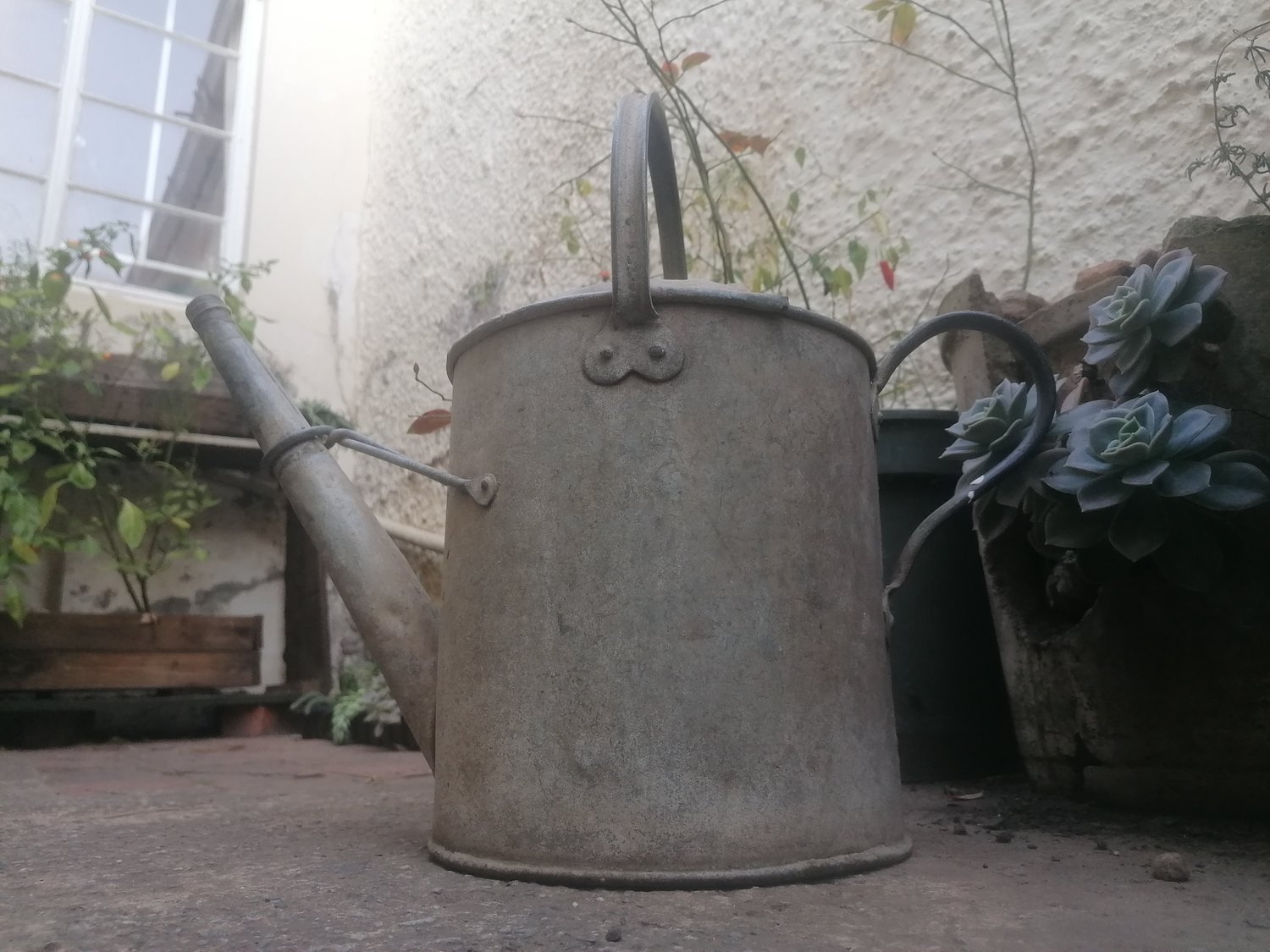You don’t need a huge farm or fancy tools to create a healthy, productive suburban garden. It starts with getting the basics right — the fundamentals that make everything else work better. Here are five practical pillars to focus on:
1. Build Living Soil
Healthy soil is the engine of your garden. Compost, mulch, and encourage worms. Avoid chemicals that harm soil life. Every weed you compost and every leaf you mulch adds fertility over time.
Tip: Start small but steady. Even one compost pile makes a difference.
☀️ 2. Work with the Sun
Pay attention to where the light falls through the seasons. Plant sun-loving crops where they get maximum light, and use shade strategically to shelter tender plants. Good design makes the sun your partner.
Bonus: Sketch a simple sun map of your space to plan beds better.
💧 3. Manage Water Well
Water is precious. Catch rain in tanks or barrels. Reuse greywater (where safe) in mulch pits or tree basins. Mulch deeply to hold soil moisture. The goal: slow it, spread it, sink it.
Tip: Even a simple bucket under a roof corner is a start.
🌬️ 4. Understand Wind and Airflow
Wind dries soil, stresses plants, and damages young growth. Notice your main wind directions. Use hedges, fences, or dense plantings to create shelter and reduce evaporation.
Bonus: Living windbreaks also provide habitat and food.
🛠️ 5. Choose the Right Tools
You don’t need every gadget in the store. A few well-chosen, well-kept tools save time and effort. Keep them clean, sharp, and stored out of the weather.
Tip: Start with the essentials: spade, fork, secateurs, hose or watering can.
📘 Want more?
This blog post is based on Chapter 2 of Suburban Permaculture: A Handbook, a practical guide to building low-maintenance, productive systems in small urban spaces.
📗 Grab your digital copy here → https://payhip.com/b/W4hEk
🎥 Buy now and get the updated version with direct video links for free when the series launches.
📲 Follow us on Facebook → https://www.facebook.com/profile.php?id=61550316131626


